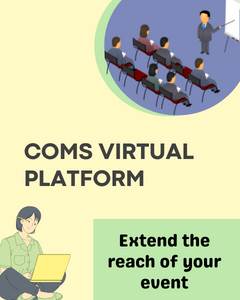Conferences > Mathematics > Algebra > United States
Select a location
Canada (8) France (3) Germany (6) Greece (2) Morocco (1) Spain (1) Tunisia (1) Türkiye (1) United Kingdom (9) United States (3)
United States
1
WORKSHOP — New p-adic perspectives on canonical integral models for Shimura varieties
02 Mar 2026 - 06 Mar 2026 • Pasadena, United States
Event listing ID:
1682417
Event website:
2
The Eisenstein ideal and Galois representations, looking forward after 50 years
18 May 2026 - 22 May 2026 • The Eisenstein ideal and Galois representations, looking forward after 50 years, United States
Event listing ID:
1682369
Event website:
3
Number Field Counting in the LMFDB
08 Jun 2026 - 12 Jun 2026 • Providence, United States
Event listing ID:
1680214
Event website:
Conference-Service.com offers, as part of its business activities, a directory of upcoming scientific and technical meetings. The calendar is published for the convenience of conference participants and we strive to support conference organisers who need to publish their upcoming events. Although great care is being taken to ensure the correctness of all entries, we cannot accept any liability that may arise from the presence, absence or incorrectness of any particular information on this website. Always check with the meeting organiser before making arrangements to participate in an event!
Last updated: 4 November 2025




